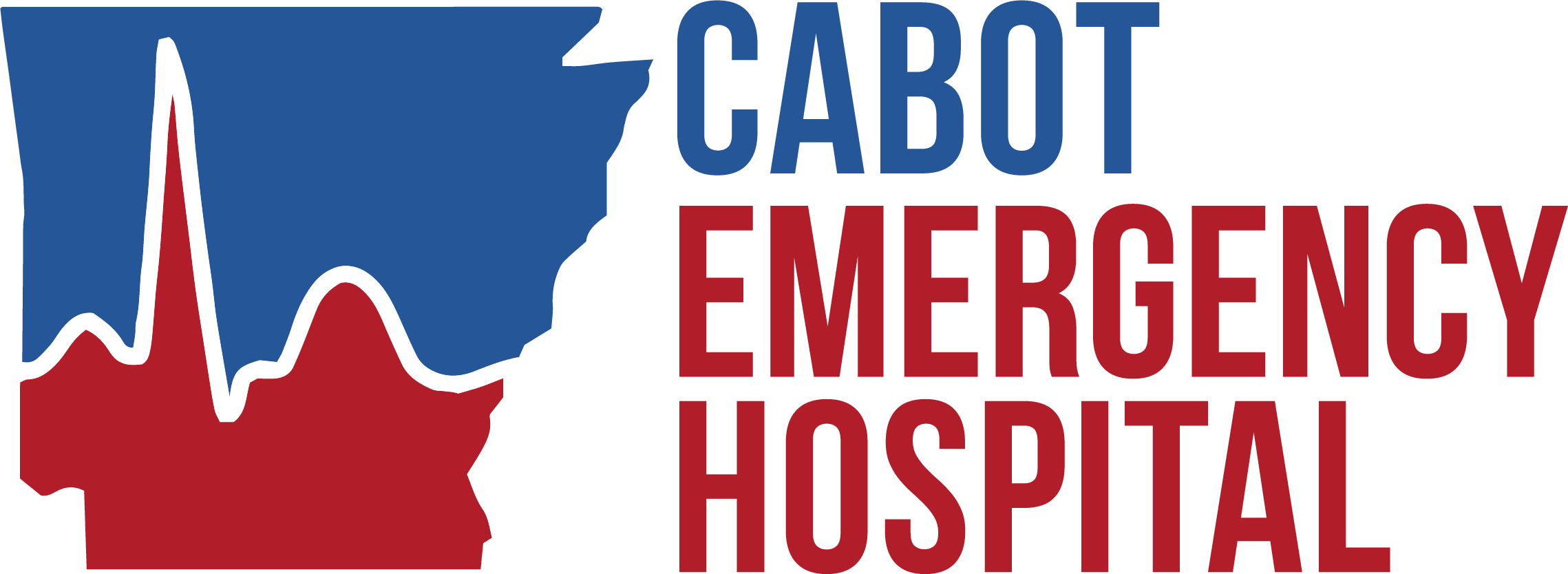Protect The Heart of The Little Ones You Love
It is common for parents to be concerned about the overall health of their children, however, sometimes, things we deem as adult-only health issues may be looked over. Heart disease is not only prevalent in adults, but children may also be at risk for several heart-related conditions. In the month of love, it is important parents take a look at their children’s lifestyle and learn how to keep their children’s hearts healthy.
Can a healthy kid suffer from heart disease?
One in every 100 children in the US has a heart problem. If a child is not born with a heart disease or diagnosed with Congenital Heart Disease and seems otherwise in great health, parents may not realize that heart disease still poses a potential health risk. Some heart diseases are not preventable; however, some pediatric heart conditions are preventable with the right lifestyle choices.
Tips to Protect Your Child’s Heart
1. Monitor Diet and Nutrition
An unhealthy diet high in saturated and trans fats, cholesterol, and sodium can contribute to heart-related issues in kids. Children suffering from obesity have a direct link to being diagnosed with a heart disease. Parents should ensure their child receives a balanced diet with fruits, vegetables, whole grains, and lean proteins to help protect the heart by maintaining a healthy weight.
Important note: There has been a significant increase in adolescents consuming caffeinated drinks like energy drinks. The American Academy of Pediatrics recommends that children under 12 do not consume energy drinks, and children 12-18 limit their intake to 100 milligrams a day (most energy drinks contain twice this number). Caffeine has a detrimental effect on long-term heart health.
2. Include Physical Activity
Ensuring your child has a healthy amount of physical activity and exercise in their daily life promotes heart health. Parents should encourage their children to play outside, participate in sports, and promote activities that limit screen time and encourage movement. According to the CDC, youth should have at least one hour of physical activity daily.
Most children mimic the actions of their parents. If your child sees you eating well and exercising, they will most likely adopt the same habits.
3. Know Family History
Genetics plays a large role in heart health. It is important to know if there is a family history of heart issues, this information is communicated with a healthcare professional.
4. Schedule Regular Wellness Visits
Regular health checkups help identify potential health issues early and allow for treatment to be initiated or steps to reduce illness for a better outcome.
Helping your child develop healthy habits now will only benefit them later in life. If you suspect your child is having a heart issue and needs immediate medical attention, Cabot Emergency Hospital is here for you. Our expert team of physicians provides rapid responses to those in need of cardiology medical services – adults and children. Discover pediatric services available 24/7, 365 that will have your child feeling better quicker.
Disclaimer: As a service to our readers, Cabot Emergency Hospital and Nutex Health state no content on this site, regardless of date, should ever be used as a substitute for direct medical advice from your doctor or other qualified clinician.





Comments are closed